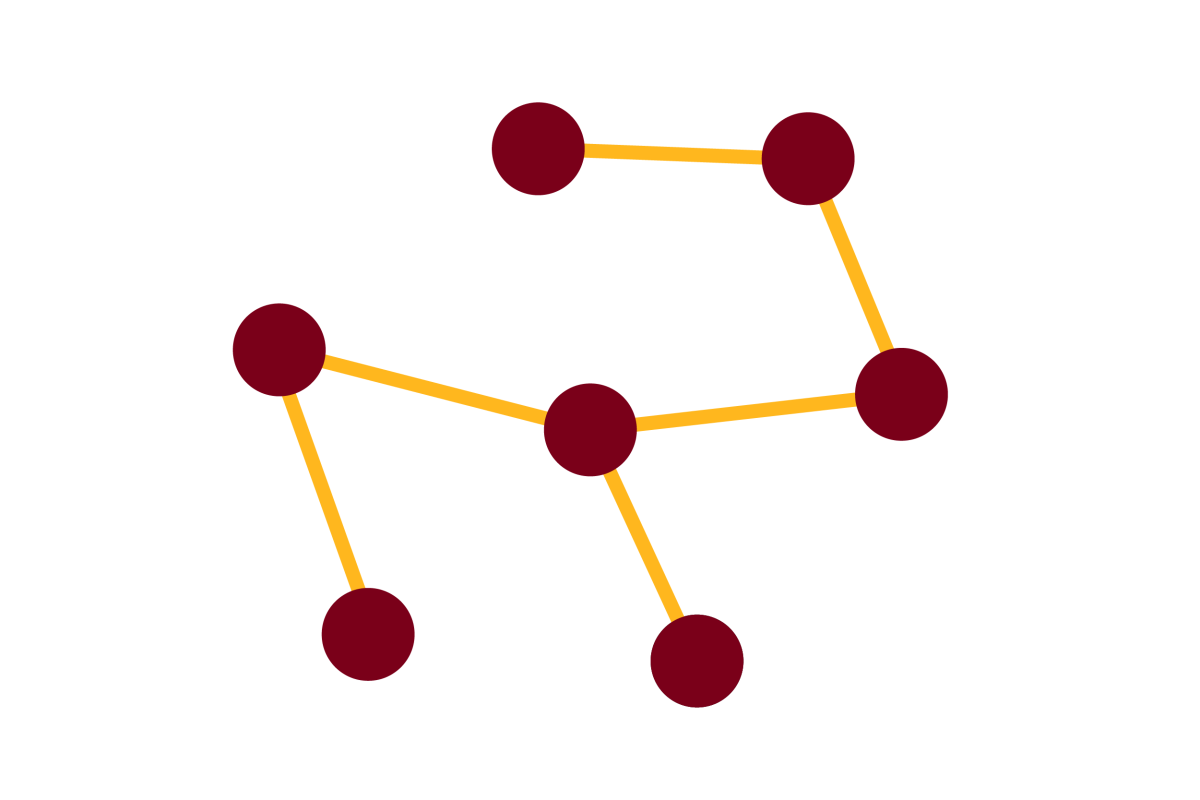Exploring whole-genome duplicate gene retention with complex genetic interaction analysis [journal]

Journal
Science - June 26, 2020
Authors
Elena Kuzmin, Benjamin VanderSluis (researcher), Alex N Nguyen Ba, Wen Wang (researcher), Elizabeth N Koch (Ph.D. student), Matej Usaj, Anton Khmelinskii, Mojca Mattiazzi Usaj, Jolanda van Leeuwen, Oren Kraus, Amy Tresenrider, Michael Pryszlak, Ming-Che Hu, Brenda Varriano, Michael Costanzo, Michael Knop, Alan Moses, Chad L Myers (professor), Brenda J Andrews, Charles Boone
Abstract
Gene duplication within an organism is a relatively common event during evolution. However, we cannot predict the fate of the duplicated genes: Will they be lost, evolve, or overlap in function within an organismal lineage or species? Kuzmin et al. explored the fate of duplicated gene function within the yeast Saccharomyces cerevisiae (see the Perspective by Ehrenreich). They examined how experimental deletions of one or two duplicated genes (paralogs) affected yeast fitness and were able to determine which genes have likely evolved new essential functions and which retained functional overlap, a condition the authors refer to as entanglement. On the basis of these results, they propose how entanglement affects the evolutionary trajectory of gene duplications.
Link to full paper
Exploring whole-genome duplicate gene retention with complex genetic interaction analysis
Keywords
computational biology, bioinformatics